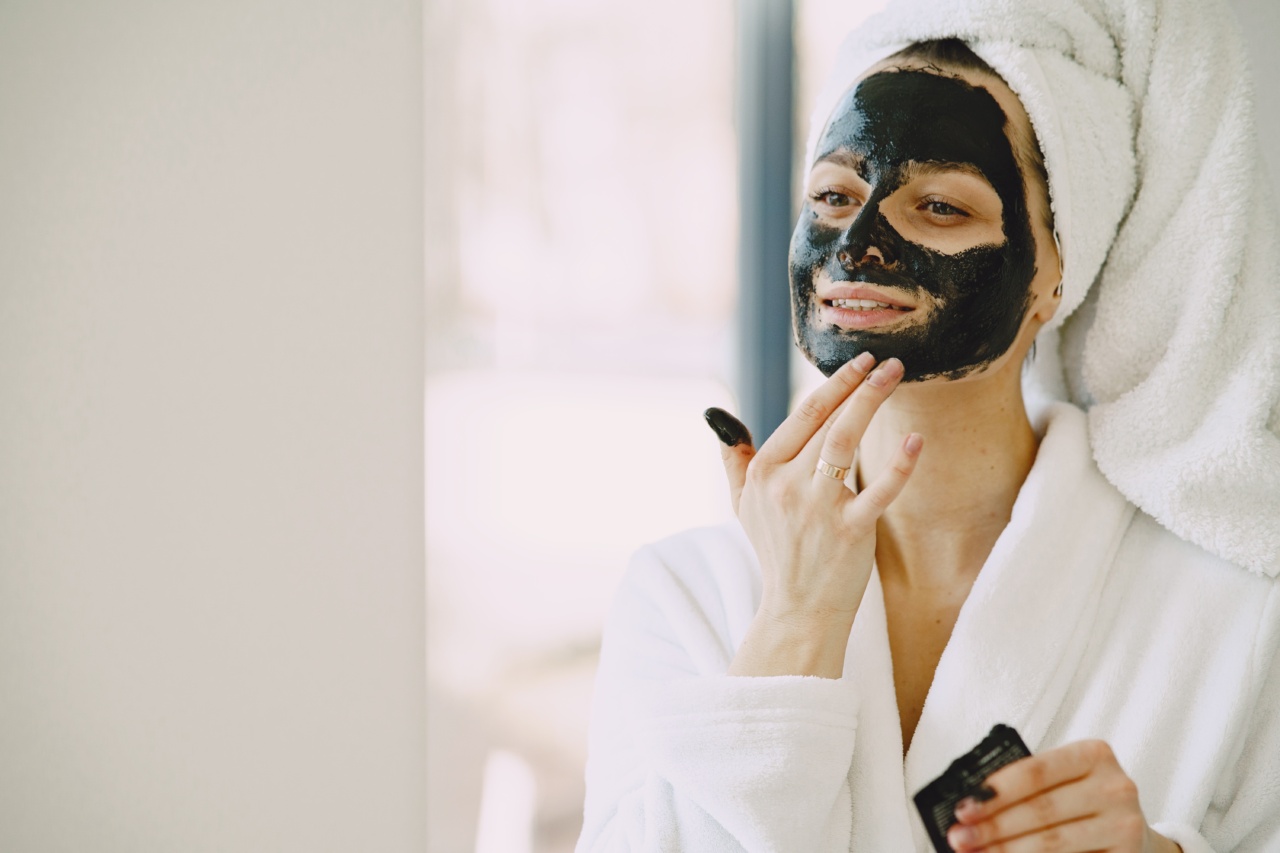When it comes to maintaining healthy and glowing skin, moisture plays a crucial role. Many factors, including environmental influences, lifestyle choices, and aging, can lead to dry and dehydrated skin.
Understanding the importance of moisture and implementing effective skincare practices can help ensure soft, supple, and youthful-looking skin.
The Science Behind Skin Moisture
Our skin has a natural barrier known as the stratum corneum, composed of dead skin cells and lipids. This barrier helps retain moisture and protects the underlying layers of skin.
However, external factors like cold weather, excessive sun exposure, harsh cleansers, and aging can compromise this barrier, leading to transepidermal water loss (TEWL).
TEWL occurs when there is excessive evaporation of water from the skin, causing dryness and dehydration. It can result in tightness, flakiness, and a dull complexion.
Additionally, reduced moisture levels can weaken the skin’s defense against external aggressors, making it more susceptible to irritations, inflammation, and premature aging.
The Benefits of Moisturized Skin
Having well-moisturized skin offers a multitude of benefits, both for its appearance and overall health. Here are some reasons why moisture is key to healthy skin:.
1. Hydration and Nourishment
Moisturizers help replenish the skin’s moisture content and deliver essential nutrients.
They contain ingredients like humectants, emollients, and occlusives that attract, retain, and lock in moisture, providing hydration and nourishment to the skin cells.
2. Enhanced Skin Elasticity
Adequate moisture levels promote skin elasticity, making it more resilient and supple. When the skin is well-hydrated, it appears plumper and smoother, reducing the visibility of fine lines and wrinkles.
3. Improved Barrier Function
Moisturizers strengthen the skin’s natural barrier, preventing moisture loss and protecting it from environmental stressors.
By reinforcing the stratum corneum, they help maintain optimal hydration levels and shield against damaging elements like pollution and UV rays.
4. Soothing and Calming Effects
Dry or dehydrated skin often feels tight, itchy, and irritated. Moisturizers with soothing ingredients like aloe vera, chamomile, or oat extract can help alleviate these symptoms, providing relief and comfort to the skin.
5. Radiant and Youthful Appearance
When the skin is properly moisturized, it reflects light better, enhancing its natural radiance. Well-moisturized skin often looks youthful, vibrant, and more even-toned, giving a healthier and more attractive appearance.
How to Maintain Skin Moisture
Now that we understand the significance of moisture for healthy skin, let’s explore some effective ways to maintain optimal hydration:.
1. Drink Plenty of Water
Hydrating the body from within is essential for skin health. Drinking an adequate amount of water daily helps ensure the skin receives the necessary hydration it needs.
2. Use a Gentle Cleanser
Harsh cleansers can strip the skin of its natural oils, leading to dryness and moisture loss. Opt for a gentle cleanser that cleanses without compromising the skin barrier.
3. Moisturize Regularly
Apply a moisturizer suitable for your skin type, preferably after cleansing and toning. Locking in moisture will help keep your skin hydrated throughout the day and prevent TEWL.
4. Use Humidifiers
If you live in a dry climate or spend a significant amount of time in air-conditioned environments, consider using a humidifier. Moisture in the air can help combat dryness and maintain the skin’s hydration levels.
5. Protect Your Skin
Shield your skin from harmful UV rays by using sunscreen with broad-spectrum SPF. Sun damage can lead to moisture loss, premature aging, and other skin concerns.
6. Exfoliate Regularly
Gentle exfoliation removes dead skin cells and allows your moisturizers to penetrate better. However, avoid over-exfoliation, as it can disrupt the skin barrier and cause irritation.
7. Choose Moisturizers with Skin-Loving Ingredients
Look for moisturizers that contain ingredients such as hyaluronic acid, glycerin, ceramides, or natural oils. These substances help attract and retain moisture, enhancing the skin’s hydration levels.
8. Avoid Hot Showers and Baths
Hot water can strip the skin of its natural oils, leading to dryness. Opt for lukewarm water while bathing, and limit your shower time to prevent excessive moisture loss.
9. Watch Your Diet
Eating a balanced diet rich in fruits, vegetables, and healthy fats promotes overall skin health. Foods like avocado, salmon, nuts, and seeds provide essential nutrients that support moisture retention and skin rejuvenation.
10. Stay Consistent with Your Skincare Routine
Consistency is key when it comes to skincare. Establish a regular skincare routine that includes cleansing, toning, and moisturizing to maintain skin moisture and promote overall skin health.
Conclusion
Moisture is undoubtedly essential for healthy skin. By understanding the science behind skin moisture, recognizing its benefits, and adopting good skincare practices, you can achieve and maintain soft, supple, and radiant skin.
Prioritizing moisture not only contributes to the overall health of your skin but also enhances your natural beauty.






























